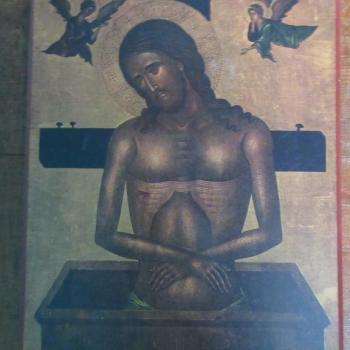Give me your tired, your poor,
Your huddled masses yearning to breathe free,
The wretched refuse of your teeming shore.
Send these, the homeless, tempest-tossed to me.
-Emma Lazarus
On Wednesday, the Washington Post had a column by Robert Samuelson in which he speculated on what a politician might say on the stump if subjected to truth serum. There was a lot of good stuff in the column, but I found the following bit a bit curious:
Finally, let’s discuss poverty. Everyone’s against it, but hardly anyone admits that most of the increase in the past 15 years reflects immigration — new immigrants or children of recent immigrants. Unless we stop poor people from coming across our Southern border, legally and illegally, we won’t reduce poverty. Period.
As Samuelson elaborates in a previous column:
From 1990 to 2006, the number of poor Hispanics increased 3.2 million, from 6 million to 9.2 million. Meanwhile, the number of non-Hispanic whites in poverty fell from 16.6 million (poverty rate: 8.8 percent) in 1990 to 16 million (8.2 percent) in 2006. Among blacks, there was a decline from 9.8 million in 1990 (poverty rate: 31.9 percent) to 9 million (24.3 percent) in 2006.
The curious thing is that Samuelson seems to treat this as an argument against immigration (and he’s not the only one). Rather that seeing the above numbers as a cause for reassurance (as they suggest that the long term prospects of poor people in the U.S. are better than the numbers might seem to indicate), he sees it as a cause for concern.
This is quite odd. After all, it’s not as if poor immigrants to the U.S. were better off materially back in their home countries. The main economic beneficiaries of immigration are immigrants themselves, and the fact that so many people prefer poverty in a foreign land to life at home indicates just how bad the conditions in immigrants home countries often is. Samuelson’s problem is that he seems more concerned with a certain number (the poverty rate) than he is with flesh and blood human beings. The statistic is made for man, not man for the statistic. The choice between having the poverty rate go up while everyone’s material condition is improving and having the poverty rate go down at the expense of the poor should not, in my view, be a hard one to make.












